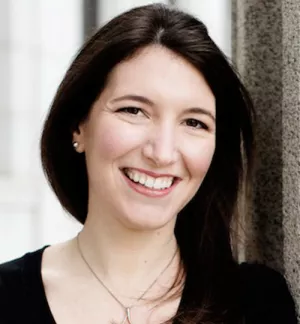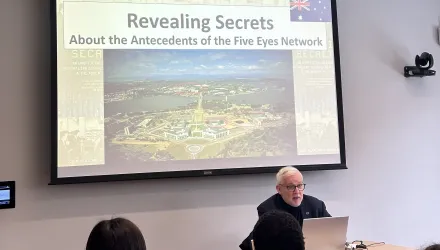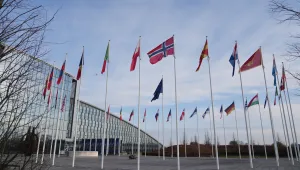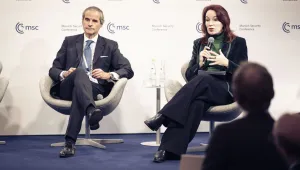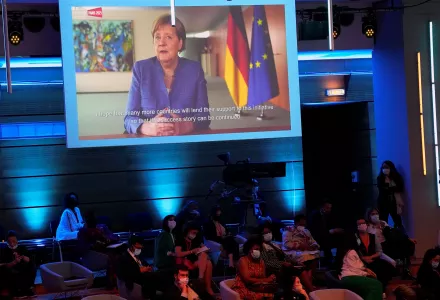
Abstract
Recent world events, such as the rise of hypermasculine authoritarian leaders, have shown the importance of both sex and gender for understanding international politics. However, quantitative researchers of conflict have long relegated the study of sex and gender inequality as a cause of war to a specialized group of scholars, despite overwhelming evidence that the connections are profound and consequential. In this review essay, we demonstrate the tremendous progress made in this field by analyzing a wave of research that examines the relationships between sex and gender inequality and war. We divide this work into theories that emphasize strategy versus those that analyze structures. In addition, we focus on two aspects of this research agenda—specifying mechanisms that link sex and gender inequality to war, and leveraging data at multiple levels of analysis—to outline fruitful pathways forward for the broader international security research agenda. Ultimately, we argue that the study of the nexus of sex and gender inequality and war will enliven theoretical debates, illuminate new hypotheses, and enrich the policy discourse with robust evidence.
Cohen, Dara Kay and Sabrina M. Karim. "Does More Equality for Women Mean Less War? Rethinking Sex and Gender Inequality and Political Violence." International Organization, (2021) .
The full text of this publication is available via International Organization.


